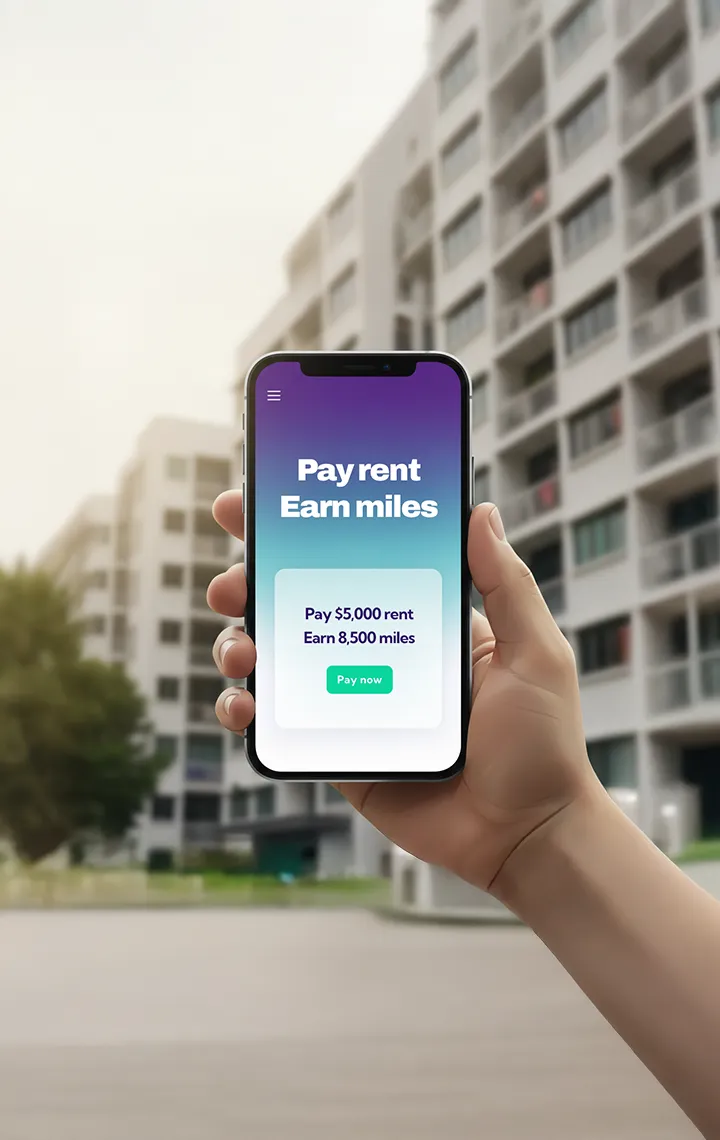Entering the world of real estate as a renter can be both exciting and daunting. For many, it’s the first challenge of being an adult, of striking out on their own. This guide aims to provide you with the proper tools and confidence to become a successful renter. We'll break down each stage of the rental journey, from understanding your financial needs and desired location to deciphering complex lease agreements and tenant rights.
The Excitement & Challenges of Renting Your First Home
Renting your first home is a thrilling step into independence. It signifies a fresh start, a place to decorate with your style, and maybe even welcome a furry friend. However, this excitement can be laced with challenges. Budgeting for rent and utilities requires careful planning, and understanding lease agreements can be stressful. But with a little preparation, you can transform this adventure into a positive and empowering experience.
Being Informed Before Signing Any Lease Agreements
Scoring your first apartment is an exciting milestone, but understanding the lease agreement is crucial. This contract outlines your rights and responsibilities as a tenant, so before signing on the dotted line, take time to get informed. A little time spent deciphering the legalese can prevent headaches and financial surprises down the road.
Understanding the Rental Process
Turning the dream of your own place into reality involves several stages in the rental process:
1. Search and Research
- Define your budget and desired location.
- Explore online listings and attend open houses to find your perfect fit.
2. Application Process
- Complete a rental application, which often requires proof of income, references, and a credit check.
3. Lease Agreement
- This legally binding contract outlines the terms of your tenancy, including:
- Lease Term: The duration of your rental agreement (e.g., 6 months, 1 year).
- Monthly Rent: The fixed amount you pay for occupancy each month.
- Security Deposit: A refundable deposit paid upfront to guarantee against damages beyond normal wear and tear.
- Utilities: Costs associated with running the unit. Understand which are included in your rent and which are your responsibility.
- Maintenance: How to request repairs and who is responsible for different types of maintenance.
4. Move-In
- After signing the lease and paying deposits, you’ll receive keys and conduct a move-in inspection to document the condition of the unit.
Budgeting for Your New Home
As a first-time renter, ensure your finances are prepared to handle the monthly costs and potential surprises. Let's delve into creating a sustainable budget for your new home.
Calculating Your Rental Budget
- Understand Your Net Monthly Income
- Allocate a Maximum of 30% of Your Net Income to Rent
- Ensure you have enough leftover to cover other expenses.
- Account for Hidden Costs
- Include utilities, internet, cable/satellite TV, and parking fees.
- Research Average Costs for Renter’s Insurance
Maintaining an Emergency Fund
Build an emergency fund to cover unexpected expenses without falling behind on rent.
Factors to Consider When Selecting a Location
Here are key factors to consider when selecting a location that complements your lifestyle:
1. Commute
- Prioritize locations with easy access to public transportation or close proximity to your work.
2. Safety
- Research crime rates in different neighborhoods. Look for areas with good street lighting and a sense of community.
3. Amenities
- Think about the amenities that are important to you. Research the proximity of these amenities to potential rentals.
Inspecting Potential Homes
Assess the condition of the property and uncover any potential problems before signing the lease. Keep an eye out for:
1. Structural Issues
- Look for cracks in walls, ceilings, or floors.
- Ensure all windows and doors open and close properly.
2. Water Damage
- Look for signs like warping, peeling paint, or mildew.
3. Pests
- Be on the lookout for droppings, cobwebs, or insect casings.
4. Functionality of Appliances and Fixtures
- Make sure all appliances function properly. Turn on faucets, flush toilets, and test heating and air conditioning.
Understanding Your Lease Agreement
The lease agreement outlines your rights and responsibilities as a tenant. Deciphering the legalese is crucial before signing.
Key Clauses
- Lease Term: Specifies the duration of your tenancy.
- Termination Clauses: Outlines the procedures for early termination, including any associated fees.
- Rent and Payment: Details the monthly rent amount, due date, and acceptable methods of payment.
- Security Deposit: Specifies the amount of the security deposit, the conditions for its return, and any deductions the landlord can make for damages beyond normal wear and tear.
- Maintenance Responsibilities: Clarifies who is responsible for maintaining different aspects of the property.
Negotiable and Non-Negotiable Lease Terms
Negotiable Terms:
- Move-in Date
- Pet Policy
- Parking
Non-Negotiable Terms:
- Rent Amount
- Lease Term Duration
Rights and Responsibilities as a Renter
Tenant Rights
- Privacy: Expect a reasonable level of privacy in your rental unit.
- Security: Landlords are responsible for providing a safe and secure living environment.
- Habitability: Your rental unit must meet basic standards for health and safety.
Tenant Responsibilities
- Maintaining the Property: Take care of the rental unit and keep it clean.
- Following Lease Agreements: Abide by the terms outlined in your lease agreement.
- Limited Customization: Personalize your space but avoid major alterations without the landlord's permission.
Communicating With Your Landlord or Rental Agency
- Outline issues and requests in writing using a respectful tone.
- Find out their preferred communication method (email or phone).
- Provide specific details for maintenance issues and follow up politely if necessary.
- Seek mediation if disagreements arise.
Preparing for Move-In Day
Logistics and Essentials
- Plan Your Move
- Reserve a moving truck, secure helpers, and research parking restrictions near your new place.
- Essential Services Setup
- Contact utility companies to schedule activation on your move-in date.
- Moving Day Essentials
- Pack a designated box with essentials for easy access on move-in day.
Transitioning With Ease
- Inventory Check
- Conduct a thorough walk-through with your landlord to document any existing damage before accepting the keys.
- Familiarize Yourself with the Lease
- Review your lease agreement to understand any move-in procedures outlined by your landlord.
Final Thoughts
Congratulations on taking this exciting step towards renting your first home. This guide has equipped you with the knowledge and tools to navigate the entire process with confidence. From budgeting and location scouting to understanding lease agreements and communicating with landlords, we've covered everything you need to find a comfortable and secure place to call your own. Remember, with a little due diligence and preparation, renting can be a smooth and empowering experience. Embrace the adventure of becoming a first-time apartment renter — it’s going to be a wild ride!














